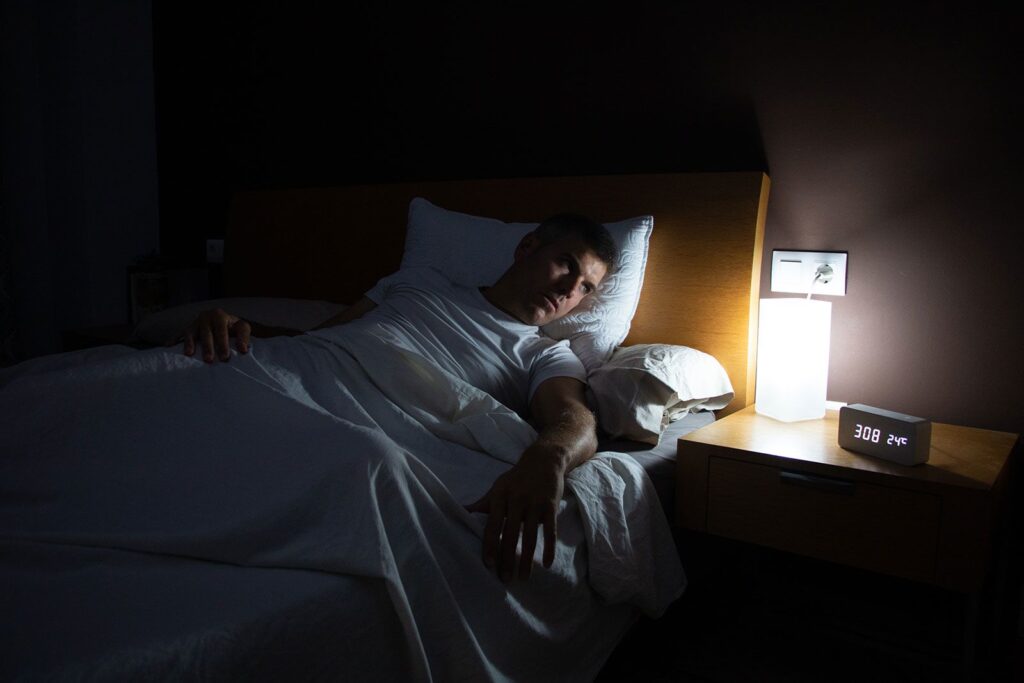
If you think that being a night owl is good for your health, you might want to think again. A large-scale study involving over 70,000 participants tracked for eight years has uncovered some troubling insights.
The research, published in the journal Psychiatry Research, indicates that going to bed by 1 a.m. is crucial, and those who habitually sleep later are risking their well-being. The study found that in a survey of nearly 75,000 adults, researchers compared the participants’ preferred sleep times, known as chronotype, with their actual sleep patterns. They concluded that, regardless of individual sleep preferences, turning in early is beneficial for everyone. Both morning larks and night owls exhibited higher rates of mental and behavioral disorders when they stayed up late, according to researchers from Stanford Medicine. The study focused on chronotype alignment in a large UK population of middle-aged and older adults, where participants reported their sleep habits and wore accelerometers for a week to track their sleep. Mental health assessments were conducted using health records, including any mental or behavioral disorders identified by the International Classification of Diseases.
Among the 73,880 participants in the study, 19,065 identified as morning types, 6,844 as evening types, and 47,979 fell somewhere in between. The primary goal of the research was to examine the connection between sleep preferences and mental health outcomes.
The findings were striking: both morning types and evening types who went to bed late exhibited higher rates of mental health disorders, including depression and anxiety.
A professor of psychiatry and behavioral sciences and the senior author of the study, stated, “The worst-case scenario is definitely the late-night people staying up late.” He noted that there could be various reasons for the correlation between sleep timing and mental well-being, but it likely relates to the poor choices people make during the late-night hours. Many harmful behaviors, such as suicidal thoughts, violent crimes, substance abuse, and overeating, are more prevalent at night.
Interestingly, morning larks who wake up with the sun were found to have the best mental health overall. The researchers emphasized that the common belief that sleep duration and consistency in sleep timing are the keys to good mental health might be misguided.
What are some ways to cultivate early sleeping habits?
To cultivate early sleeping habits, it’s important to maintain consistency, establish a structured routine, and create a sleep-conducive environment. Start by setting a specific bedtime and wake-up time, even on weekends, to help regulate your internal clock. Gradually shift your bedtime earlier by 15 to 30 minutes each night until you achieve your desired schedule.
Develop a calming pre-sleep routine that signals to your body it’s time to relax. Activities such as reading, meditating, or enjoying a warm bath can be beneficial.
Limit screen time for at least an hour before bed, as the blue light emitted from devices can interfere with melatonin production. Enhance your sleep environment by keeping your bedroom cool, dark, and quiet, and consider investing in a comfortable mattress and pillows. Avoid caffeine, nicotine, and heavy meals close to bedtime, as these can negatively impact sleep quality.
Engage in regular physical activity throughout the day, but refrain from intense workouts just before bedtime. Getting sunlight exposure in the morning can help regulate your circadian rhythm, making it easier to fall asleep early. If you find it difficult to fall asleep, don’t force it; instead, engage in a calming activity. With time and consistency, your body will adapt, making early sleep a natural part of your routine.